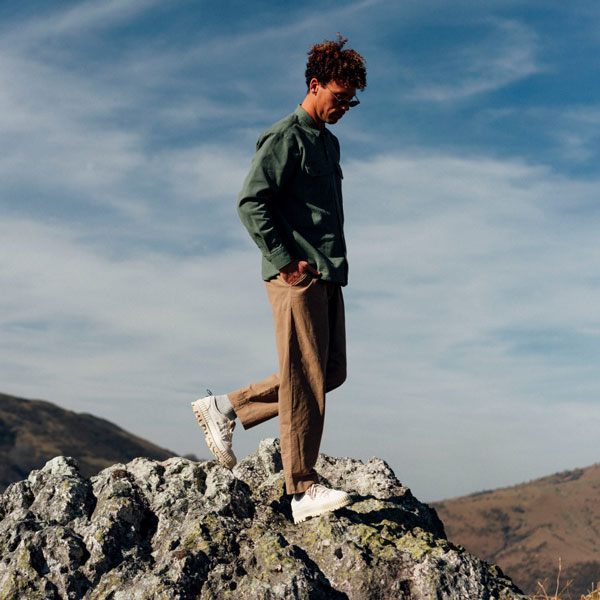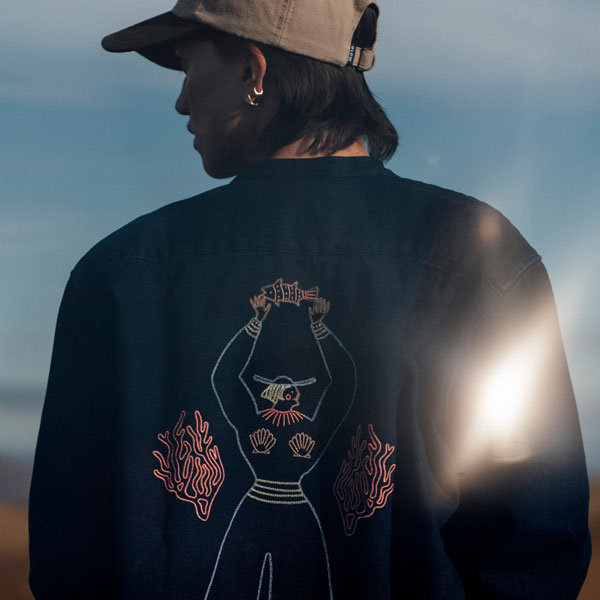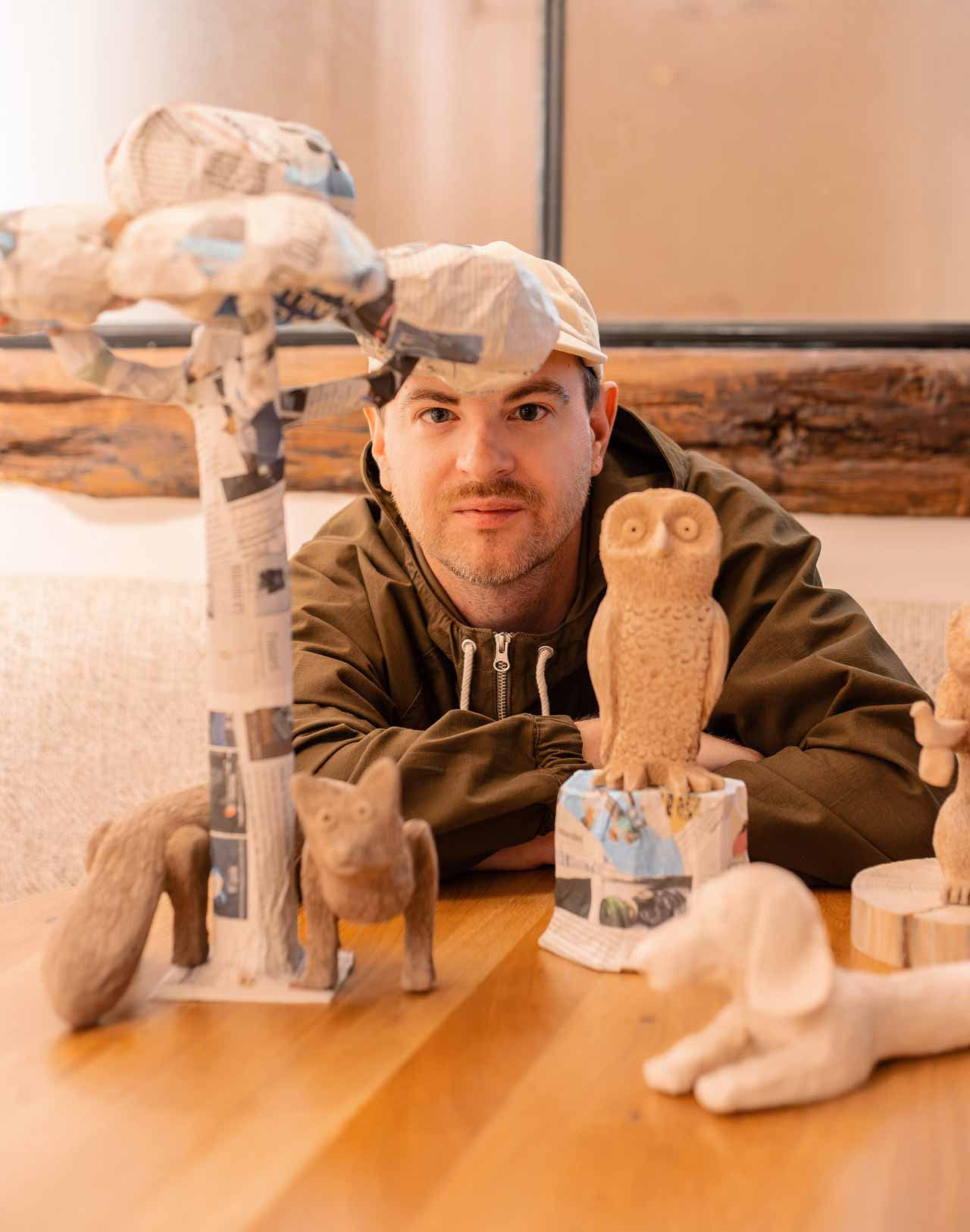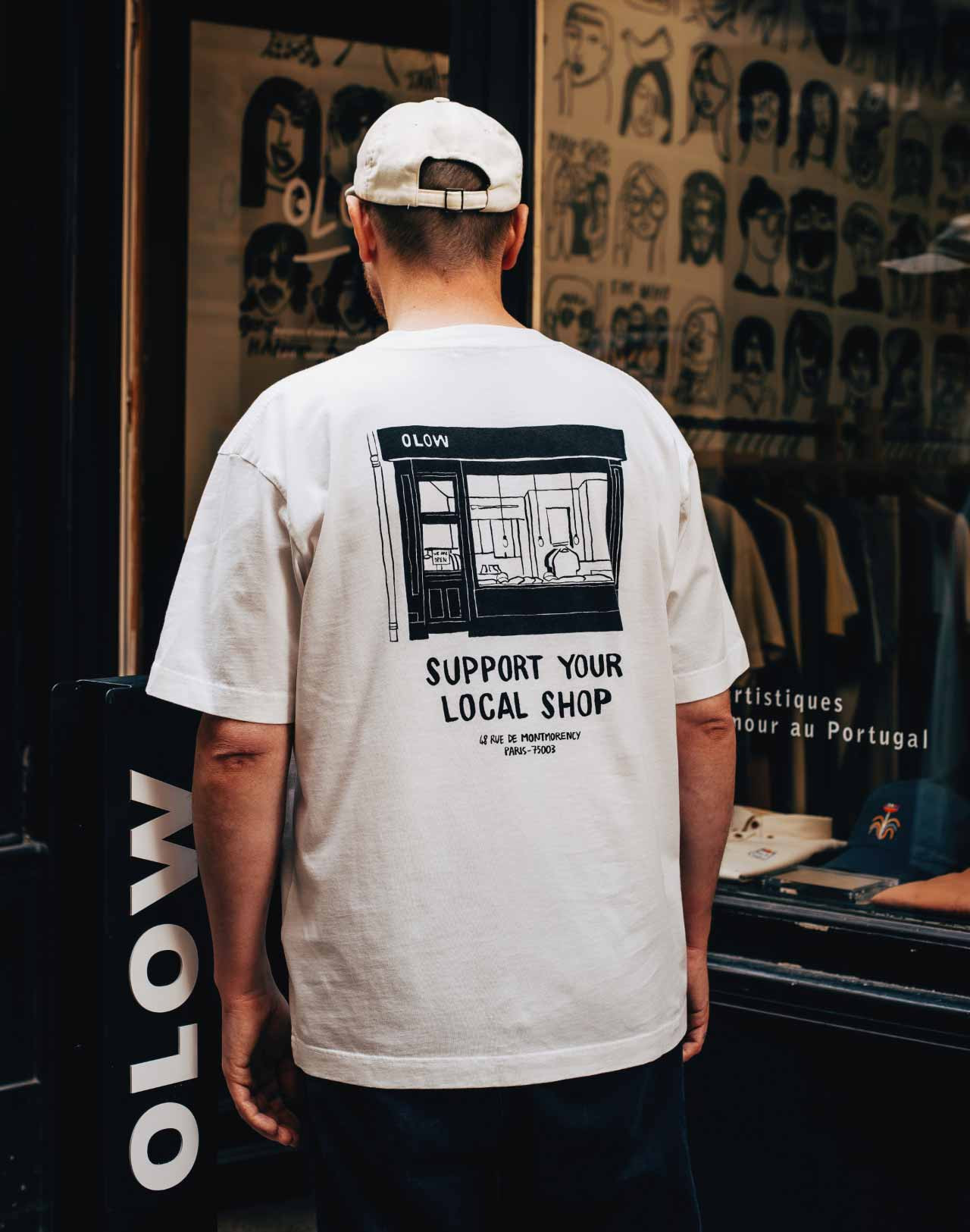ITW M. Philippe Lévêque, Managing Director of CARE France

CARE is an International NGO that has been around for more than 70 years; could you quickly present it to those who have not yet heard of it?
CARE was created in 1945 to help the European populations devastated by the Second World War. More than 100 million parcels containing food, but also clothes and medicine, were shipped to Europe by American citizens. Following that action, CARE continued to help victims of natural catastrophes and conflicts. The association subsequently enlarged its field of action by conducting development programs. Over the years, people’s investments enabled the building of a humanitarian solidarity network of 14 member countries intervening in 90 countries. In 2014, 72 million people directly benefited from CARE’s support.
CARE particularly pays attention to the condition of women, the first victims of poverty throughout the world. What main actions were carried out concerning this?
Indeed, in developing countries, women are more exposed to poverty. And yet, they play a crucial role in the improvement of life conditions in the poorest communities. Throughout its projects, CARE supports the empowerment of these women by notably implanting Village Associations of Savings and Credit within these communities. These associations are groups of 10 to 20 people, mainly women, who decide to place all their savings in one fund, from which members can borrow.

The Planchettes Sale is a charity drive organised by OLOW in aid of CARE France. How did you welcome this proposition?
I was touched by Olow’s act of solidarity, and I think it’s very motivating for our staff to know they are encouraged by young entrepreneurs. I am optimistic when I see that the companies of today who are building our future feel concerned by the populations that are suffering beyond their borders, and I can only salute their commitment.
How do you perceive the arts’ impact in NGOs?
Solidarity is a human value and can be expressed in a multitude of ways. As an association, we wish to raise awareness about our actions to the larger public, and art is a universal means of communication.

Care x Koralie
On 19th September 2015, you launched the project “Le Climat au Pied du Mur”, a collaboration with many different artists. Can you tell us more about it?
Our team at the Climate Change division collaborated with five street artists to showcase climate change issues on the walls of the 19th arrondissement in Paris. The aim of these frescoes is to push Parisians to question themselves and debate in the heart of the city. This action was designed within the framework of the United Nations conference on climate change (COP21).

Many people hesitate to donate because they do not know where their money would go. How can CARE reassure their donors?
The money collected enables CARE to finance a great deal of actions that are not, or barely, financed by public authorities. It also enables us to increase our ability to react to emergencies. In 2014, 86,5% of our funds was spent on the development of our programs.
Every year, the European Union audits a few of our projects and we have always passed these demanding procedures successfully. The European Union, the French, British and American governments, as well ass the United Nations place their trust in us.
CARE France is also approved by the Comité de la charte du don en confiance, a non-profit organisation which, for more than 20 years now, has been in charge of controlling organizations soliciting donations from the public. Finally, our annual accounts are certified yearly by an independent statutory auditor.

Follow CARE France news and projects on their website and Facebook page.




